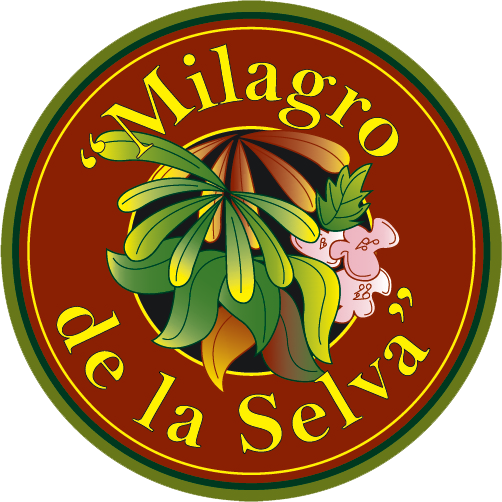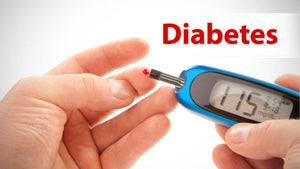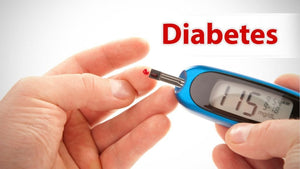QUICK HEALTH TIPS: Arthritis

ARTHRITIS
Arthritis is the inflammation of one or more joints. It is most often accompanied by pain and stiffness, especially in the morning or after exercise, as well as swelling, deformity and/or a diminished range of motion. Spurs or bone growths may develop in the affected joints, increasing pain and decreasing mobility.
Although the term ARTHRITIS literally means “joint inflammation”, arthritis actually refers to a group of more than a hundred rheumatic conditions and diseases that can cause pain, stiffness, and swelling of the joints. Specific conditions can affect other parts of the body—such as the muscles, bones, and some internal organs—and can result in debilitating and sometimes life-threatening complications. If left undiagnosed and untreated, arthritis can cause irreversible damage to the joints.
Arthritis is not a modern ailment—it has been around since the beginning of time. Archaeologists have discovered evidence of the disorder in the skeletons of Neanderthals and other prehistoric animals, and even dinosaurs. However, no matter how long this disorder has been with us, conventional medicine has not proven conclusively how it occurs. These conditions affect the body’s movable, or synovial, joints at the knees, wrists, elbows, fingers, hips, toes, and shoulders. The back and neck also have joints between the bones of the spine.
Arthritis may appear suddenly or begin gradually. Some patients feel a sharp burning or grinding pain. Others compare the pain to a toothache. The swelling and deformity that takes place in arthritic joints can result from a thickening of the synovial membrane, an increase in the secretion of the synovial fluid, enlargement of the bones, or some combination of these various factors.
Osteoarthritis, often called degenerative joint disease, involves deterioration of the cartilage which protects the ends of the bones. It is either caused by injury or an inherited defect in the protein that forms the cartilage. Most often, it is a result of the wear and tear of aging, diet, and lifestyle. The original smooth cartilage becomes rough, resulting in friction. This cartilage starts to break down, and the normally smooth sliding surfaces of the bones become irregular and pitted. Osteoarthritis affects not only the weight-bearing joints—knees, hips and back—severely, but also affects the hands and the knuckles. Tendons, ligaments and muscles which hold the joint together become weaker, and the joint becomes deformed, painful and stiff.
Arthritis can be reversible, and in some cases curable, with proper diet and lifestyle changes. These changes can not only relieve the pain and inflammation but stop degeneration and rejuvenate the affected joints.
Some recommendations:
Eat more sulfur-containing foods, such as asparagus, garlic, and onions. Sulfur is needed for the repair and rebuilding of bone, cartilage, and connective tissue, and it is also helpful in the absorption of calcium. An excellent supplement for sulfur is MSM powder. Other beneficial foods include fresh vegetables (especially leafy green which supply Vitamin K), nonacidic fresh fruits, whole grains, brown rice, oatmeal, and avocados. Tart, red cherries are very good for this also, as is fresh pineapple, which contains Bromelain, an enzyme for reducing inflammation.
Eat fiber such as ground flaxseeds, oat bran or rice bran daily.
Reduce the amount of fat. Do not consume dairy products or red meat. Avoid caffeine, citrus fruit, salt, tobacco and sugar. Avoid tomatoes, peppers, eggplant, and white potatoes.
Do not take iron supplements, which are suspected of being involved in pain, swelling, and joint destruction.
Hot tubs, baths, and showers may provide relief..
Spend time outdoors for fresh air and sunshine.
Get regular moderate exercise, and lose those excess pounds which aggravate osteoarthritis.
- Anthony R









Comments 0